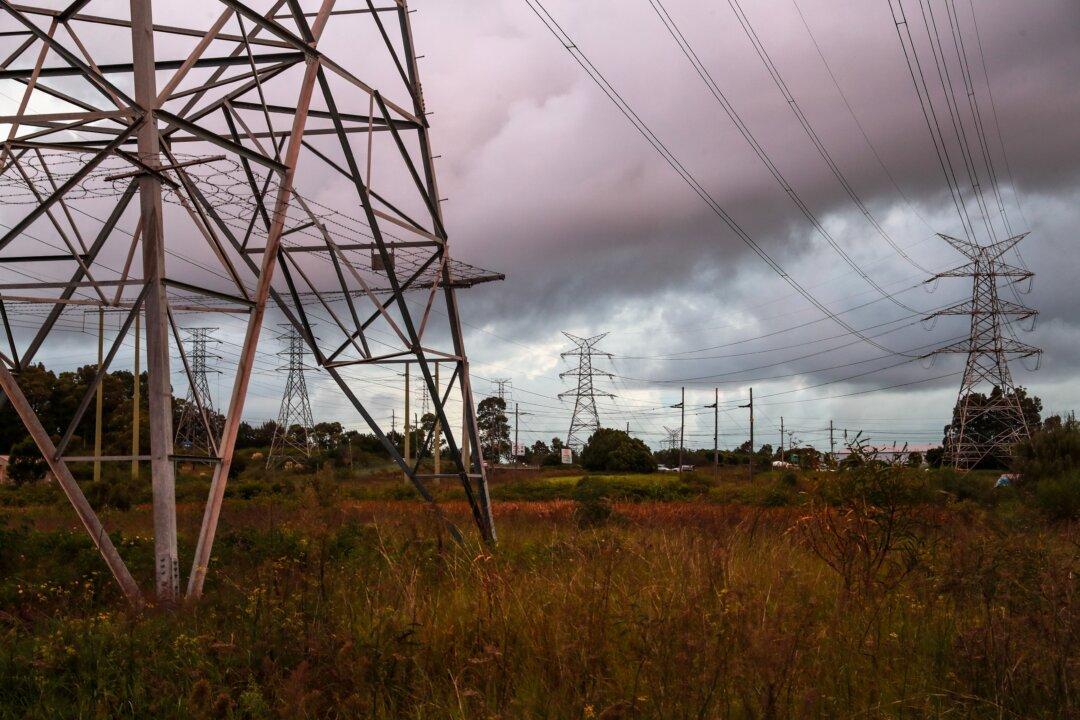Landowners in Victoria with properties near new transmission lines and towers could be in line for payments of up to $40,000 (US$26,400) under a government proposal.
Government agency VicGrid is seeking consultation on the plan which would only apply to “significantly impacted neighbours” of new transmission and renewable energy infrastructure.





